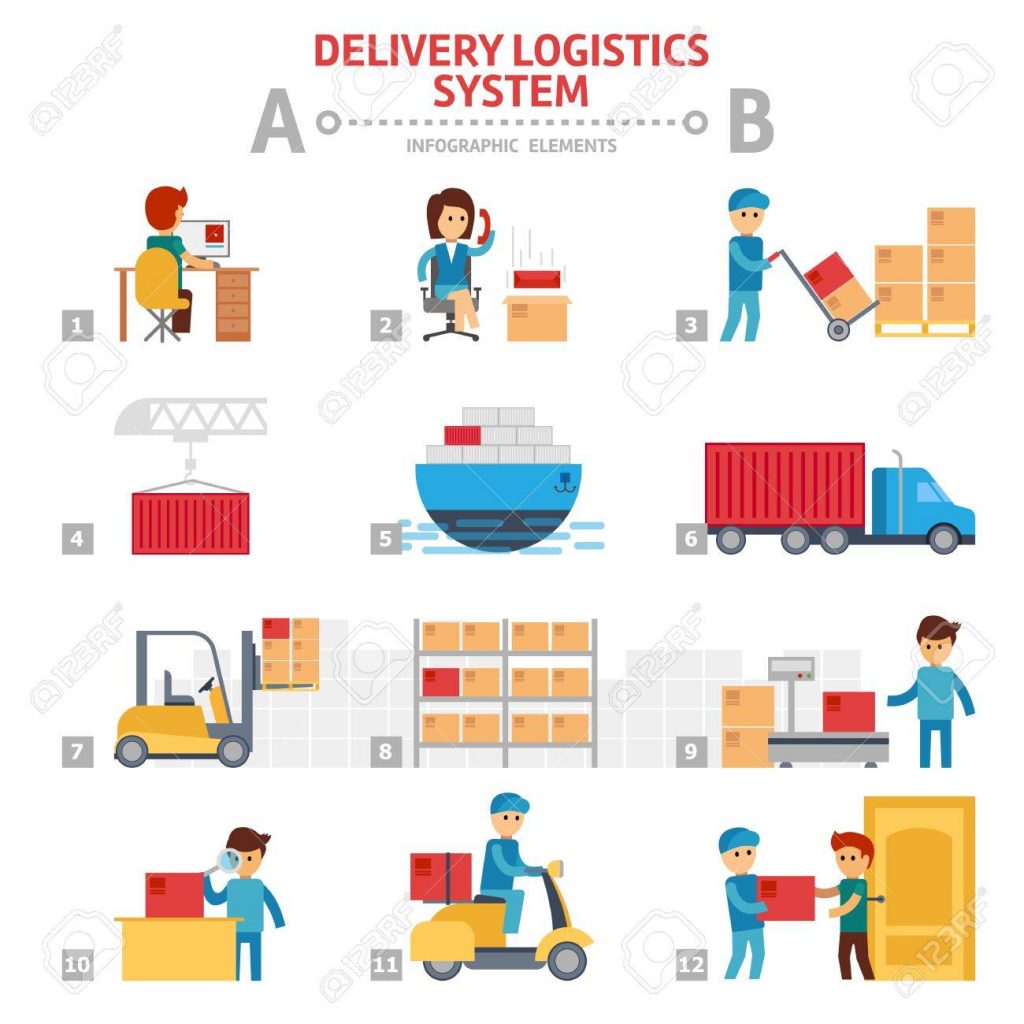COOL PARCEL DELIVERY STANDARD IS REQUIRED
Digitalization technology has driven the growth of the frozen food business ordered through the online system. And this demand is increasing, from previously only 20% to 37% of the total frozen food distribution, which is mostly taken directly from wet markets or supermarkets. This significant increase in demand is not only due to the pandemic situation where more than half of the wet markets are closed, but also due to changes in lifestyle and the rampant supply of various ready-to-cook and ready-to-eat foods produced by the MSME industry who use their markets through social media to increase income which is practically reduced during a pandemic. The supply chain and distribution chain are one of the obstacles to availability and retail management for the MSME industry. Therefore, a guidance is needed in responding to these obstacles, and for that it is time for Indonesia to have a national standard for the delivery of frozen food with the aim of maintaining safety and quality, minimizing food loss during delivery and measuring accuracy and speed of delivery, which are monitored and recorded. (trace-track) properly. This was revealed in the discussion of the National Standardization Agency’s FGD with the topic: Preparation Towards SNI Cool Parcel Delivery. BSN which is supported by several related ministries and ARPI plans to form a Technical Committee for the SNI.
In the FGD, ARPI explained in detail the terms and conditions that had to be prepared, starting from: 1. handling in collecting fresh products, in transit depots in delivery to the end consumer, 2. Facilities, legality and capacity of service providers at each of these points, 3. Quality and facilities of equipment that support refrigerated transportation – thermal boxes – refrigerated storage – IOT, 4. Staffing, 5. Training modules, and 6. Regulations from related government agencies. BSN which is supported by several related ministries and ARPI plans to form a Technical Committee for the SNI. “It is time for us to have a national standard for cool parcel delivery, given the potential of national natural resources that should fully support national food security and stimulate MSME businesses in the food and beverage sector that can reach and require a large workforce by smoothing the flow of product delivery, and this SNI guides it”, confirmed in detail by Hasanuddin Yasni (ARPI) in his presentation.
Meanwhile, Irene Na Tasha from the 3PL industry player, PT. Adib Cold Logistics explained in detail the experience of shipping fresh (frozen and chilled) products to various areas by prioritizing security, professional shipping operations management (TSM), trace-track systems, reliable human resources, and good storage management (CWMS).
Director of the Transportation Safety Polytechnic of the Ministry of Transportation, Siti Maimunah, who previously served as a Senior Researcher at the Badan Puslitbang (Research and Development Central Agency) Ministry and PIC of government representative for Japan ASEAN Cooperation, regarding the harmonization of the delivery of fresh products (in this case food and beverage products) to fellow countries, explained in detail the results of the meeting with these countries. As it is known, Japan and ASEAN made an understanding of this agreement to facilitate the delivery of fresh products across countries. This is the concern of each country in implementing its resilience program (Food Security).
present at this FGD, are: usiness people in the transportation industry, cool box makers, cold chain contractors, academics, and related ministries (BPOM, Ministry of Industry, Ministry of Trade and user’s associations).

Delivery logistics system flat vector infographic elements with people – stock graphic
